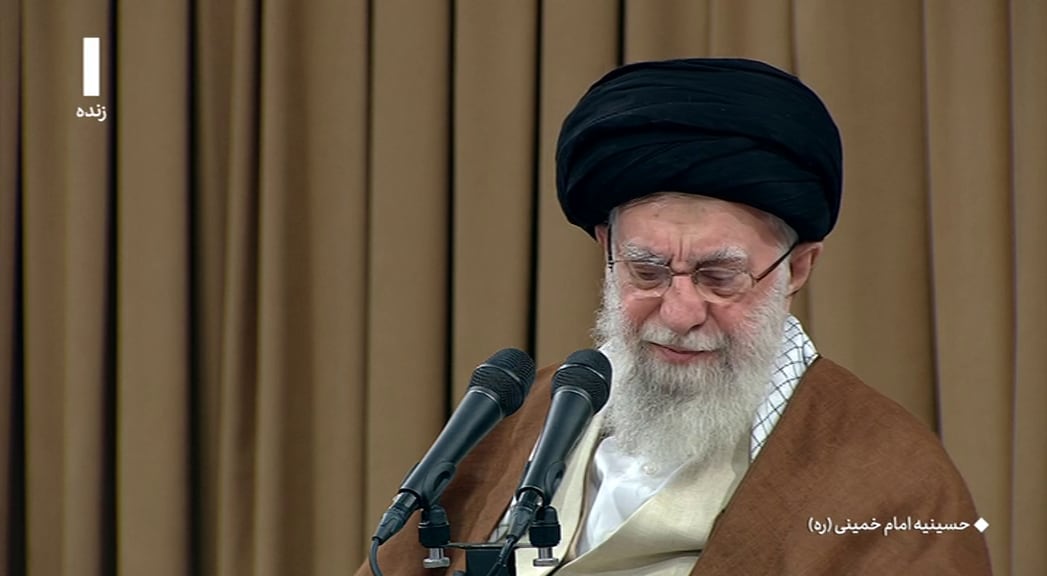
Iranian preacher Abolfazl Razavi Ardakani said in a Friday, September 9, 2022 sermon in Shiraz, Iran that the "fatwa" issued by Iranian Supreme Leader Ali Khamenei banning nuclear weapons was meant only "for its time," and that Khamenei can "change his mind." He said that certain war tactics are permitted if they are the "only way to prevail." He elaborated that nuclear weapons are only forbidden when one's enemies do not use them, and he questioned if Iran must "stand idly by" if its enemies use nuclear weapons. In addition, he said that Khamenei may give the order to enrich uranium to 90%, and that Khamenei knows "perfectly well" when to issue his edicts. Ardakani emphasized that according to Islamic law, the fatwas of Islamic scholars are not permanent, and can be rescinded by the scholars who issued them. It is important to note that despite Iranian claims, Khamenei has never issued a fatwa banning nuclear weapons. For more information, see Appendix I in MEMRI Inquiry & Analysis Series No. 1567 and MEMRI Inquiry & Analysis Series No. 1022. The sermon was aired on Fars TV (Iran).
Abolfazl Razavi Ardakani: "Our Leader's fatwa that Iran would not pursue an atomic weapon was meant for its time. It is possible that the Leader will change his mind. This is based on the Islamic ruling about whether it is allowed to put stones in the enemy's river in order to poison him. The answer is that this is allowed if it's the only way to prevail. Nuclear weapons are not allowed only if the [enemies] do not use such weapons, but if they do use nuclear weapons, are we supposed to stand idly by?



It is possible that the Leader will give the order to enrich uranium to 90%. The Leader knows perfectly well when to give which fatwa. The fatwas of the religious scholars, especially secondary ones, are not permanent. There is a difference between primary fatwas and secondary fatwas. A jurisprudent can issue a ruling and then cancel it 10 years later, and this is also based on sources of jurisprudence.


















